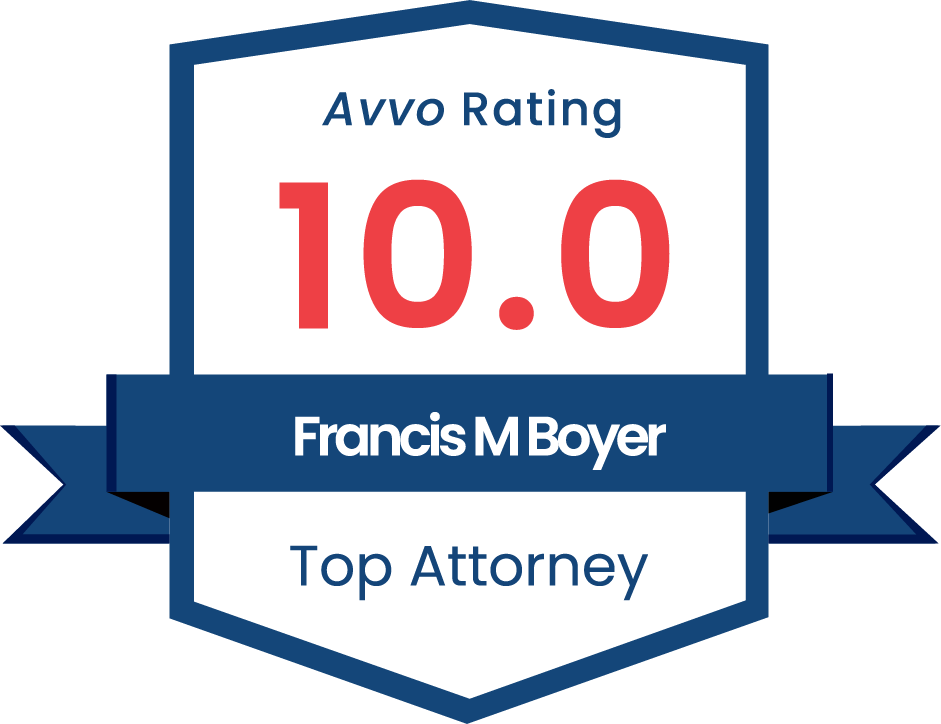A contract is an enforceable promise between two or more parties that agree to perform their obligations to each other according to the agreement. Once the promise is fulfilled the contract terms have been satisfied and the parties are discharged from the contract, because they have already fulfilled their legal obligations by way of complete performance.
In a perfect world both parties would benefit from the agreement and no disputes would arise. However, sometimes one party fails to perform their obligations. When this happens, it is important to understand the elements involved in a breach of contract claim.


